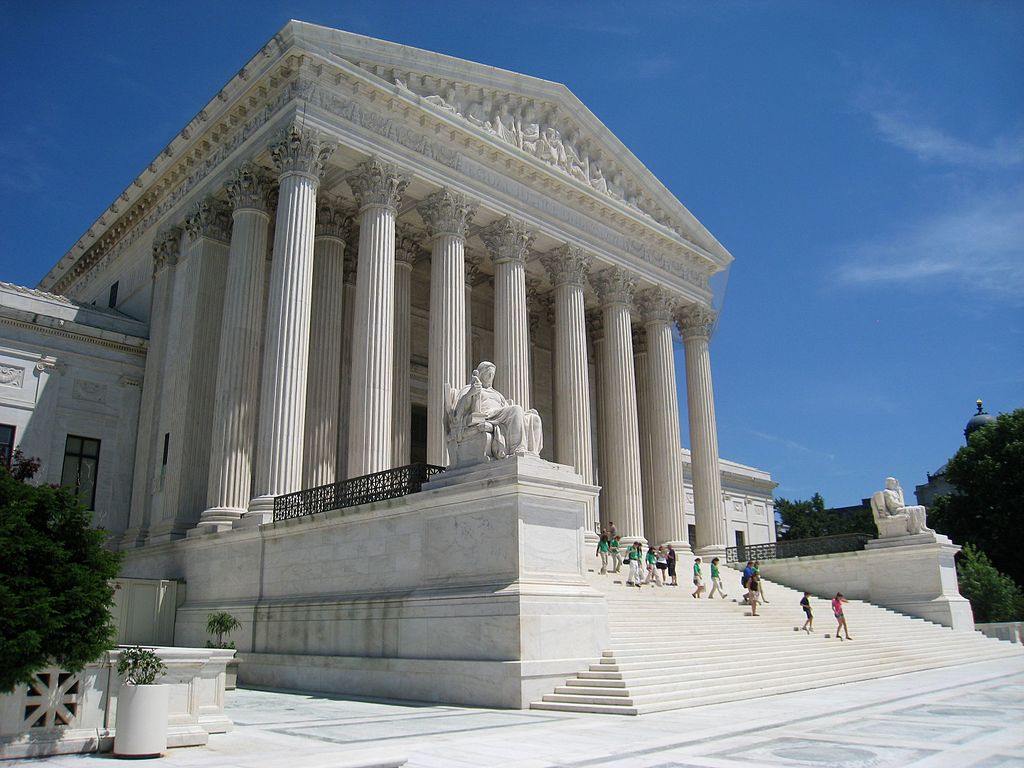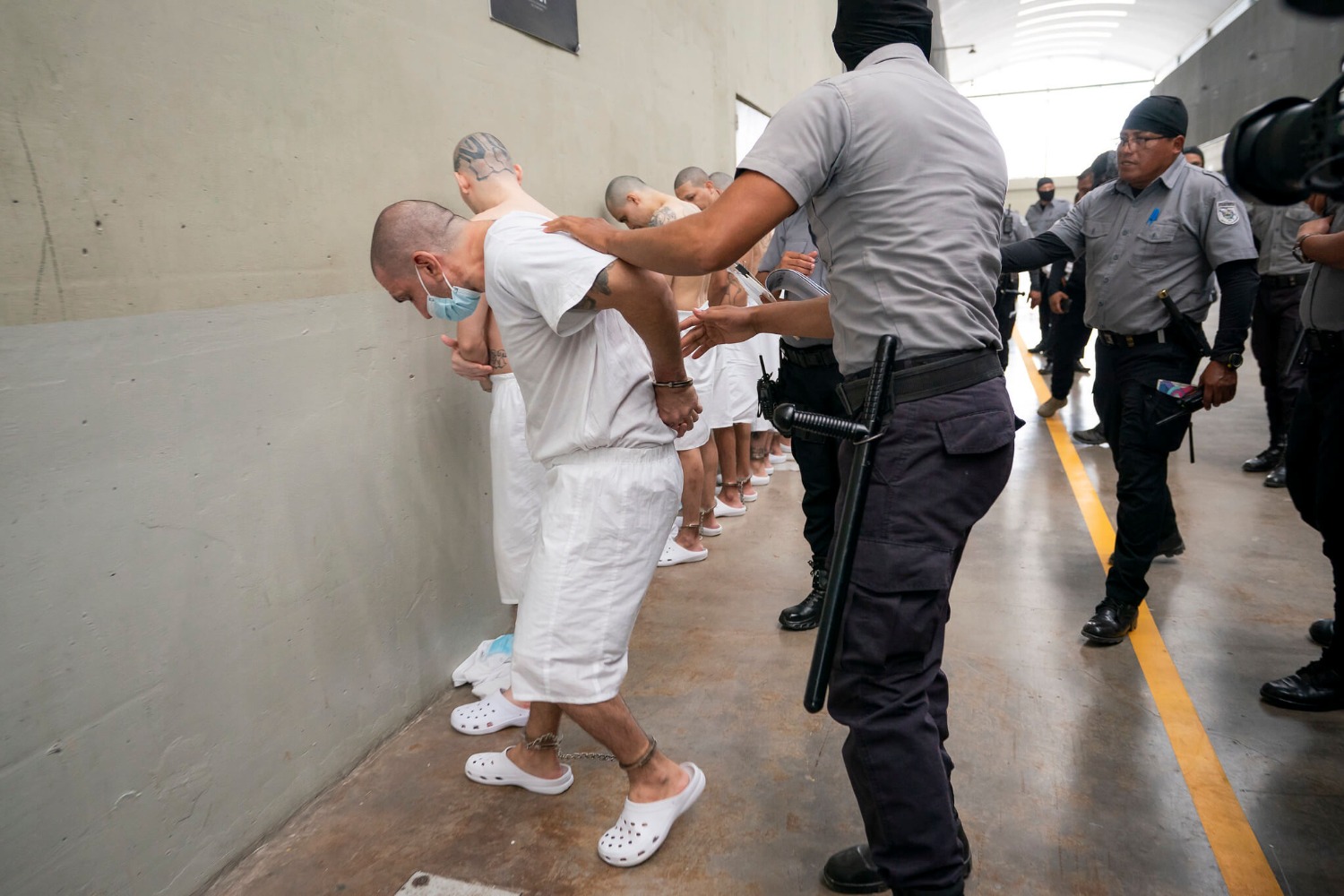Refugee EO Update: The Supreme Court Hands Each Side a Partial Victory
The Supreme Court issued an order today regarding President Trump’s revised Refugee Executive Order (EO) that provided comfort to both the Administration and Hawaii, which has challenged the EO. The Court left in place the portion of Hawaii U.S. District Judge Derrick Watson’s injunction barring application of the EO to foreign nationals abroad with U.S. relatives such as grandparents, grandchildren, uncles, aunts, nieces, nephews, and cousins.

Published by The Lawfare Institute
in Cooperation With

The Supreme Court issued an order today regarding President Trump’s revised Refugee Executive Order (EO) that provided comfort to both the Administration and Hawaii, which has challenged the EO. The Court left in place the portion of Hawaii U.S. District Judge Derrick Watson’s injunction barring application of the EO to foreign nationals abroad with U.S. relatives such as grandparents, grandchildren, uncles, aunts, nieces, nephews, and cousins. However, pending review of Judge Watson’s injunction by the Ninth Circuit, the Court ruled that the EO would apply to refugees who had received assurances from nonprofit agencies regarding resettlement in the U.S., unless those refugees also had relatives in the U.S. like those listed above. Refugees and others without qualifying relatives (approximately 40 percent of the total) will remain abroad unless and until the Court issues a new order modifying its remedy.
The Supreme Court’s order, like its original stay, seeks to balance the equities in a manner consistent with Chief Justice Roberts’ opinion in Nken v. Holder (2009). Pending a decision on the merits, Nken counsels that the court issuing the stay should not grant relief that in effect decides the lawsuit. An interim order that gives one side all of what it seeks on the merits makes the underlying appeal an “idle ceremony,” as Chief Justice observed in Nken, quoting an earlier decision by the Court. The Court’s order today avoids that pitfall.
Upholding the district court’s holding that refugee agency assurances counted as a “bona fide relationship” with a U.S. person or entity under the Court’s June stay would have largely decided the travel ban case well before the Court had a chance to hear its merits in October. All noncitizens who already have received refugee status have also received agency assurances. Leaving the district court’s ruling in place would have barred application of the EO to any individuals in this group, giving Hawaii much of the relief it sought on the merits. In contrast, the government’s position that neither grandmothers et al. nor refugee agency assurances counted as a “bona fide relationship” would have given the government virtually all that it sought.
The Court’s order today rejected this “all or nothing” scenario. Instead, the Court charted a middle course on refugees, barring application of the EO to some refugees—those with a U.S. grandparent, uncle, nephew, etc.—but permitting implementation of the EO for approximately 40 percent of the total refugee cohort. That relief gave each side some of what it sought, but stopped well short of total victory for either party.
Wisely, the Court left the door open to revisit its order once the Ninth Circuit rules on the government’s appeal of Judge Watson’s injunction. Judge Watson was right to count refugee agency assurances as constituting a “bona fide relationship” with a U.S. person or entity. That view best describes the key functional role that resettlement agencies have performed over time in the refugee system. The complex refugee resettlement process includes many disparate strands, public and private—undue stress on an important strand such as resettlement agencies’ undertakings can rend the entire fabric. Fidelity to the comprehensive framework of the Immigration and Nationality Act requires respect for venerable refugee agencies’ earnest commitments. (See my earlier post here, which benefited mightily from conversations with former Homeland Security Principal Deputy General Counsel David A. Martin.)
My hope is that the Ninth Circuit will uphold the district court on exempting refugee assurances from the EO, and that the Supreme Court will then permit Judge Watson’s entire order to go into effect. If that scenario holds, the Court’s order today will have given the Court more time to deliberate on the equities, which is appropriate given the stakes involved.



.jpg?sfvrsn=676ddf0d_7)

